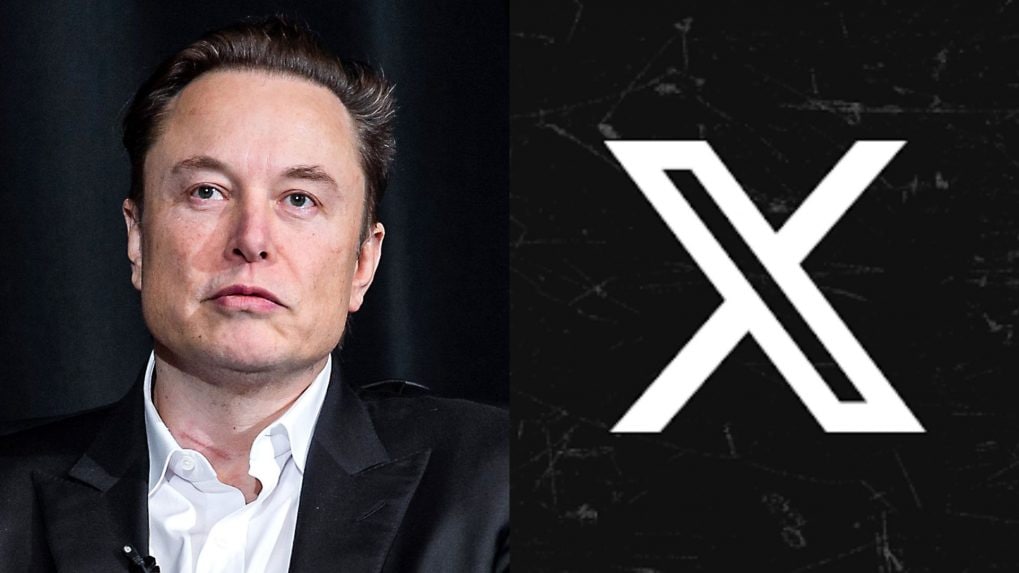"Social media cannot be left in a state of anarchic freedom": Karnataka HC rejects X Corp plea
Unregulated speech under the guise of liberty becomes a licence for lawlessness, observed Karnataka High Court.
ADVERTISEMENT
In the X Corp vs Union of India case, Justice N Nagaprasanna opened with a sweeping observation: “From Orient to Occident, the march of civilization has borne witness to the inescapable truth that information and communication, in its spread or its speed, has never been left unchecked and unregulated. It has always been the subject matter of regulation. As technology developed—from messengers to the postal age to the age of WhatsApp, Instagram, and Snapchat—all have been regulated by subsisting regimes, both globally and locally.”
He then turned to the Constitution, noting that Article 19(1)(a), which guarantees the right to free speech and expression, is always hedged by reasonable restrictions under Article 19(2). Free speech, he emphasised, cannot be viewed in absolute terms.
Justice Nagaprasanna also cautioned against importing foreign principles wholesale: “American jurisprudential thought cannot be transplanted into the soil of Indian constitutional law. This has been the clear law enunciated by the apex court since 1950. The judicial thought process has undergone a complete change in the realm of free speech even in the United States of America after Reno v. ACLU.”
On the question of standing, the judge stressed that Article 19 remains a charter of rights for Indian citizens. “A petitioner who seeks sanctuary under its canopy must be a citizen of the nation; failing this, the protective embrace of Article 19 cannot be invoked.”
Turning to the Sahyog portal itself, the court held that it was not unconstitutional but rather “an instrument of public truth conceived under the authority of Section 79(3B) of the IT Act and Rule 3D of the 2021 Rules. It stands as a beacon of cooperation between the citizen and the intermediary, a mechanism through which the State endeavours to combat the growing menace of cybercrime. To assail its validity is to misunderstand its purpose; hence the challenge is without merit.”
The judge further clarified that earlier precedents like Shreya Singhal—which drew heavily on Reno v. ACLU—could not simply be overlaid onto the present dispute. “The judgment in Shreya Singhal, predicated inter alia upon Reno, cannot by judicial alchemy be transposed into the present controversy. Reno itself has been diluted in subsequent pronouncements of the American Supreme Court. Shreya Singhal spoke of the 2011 Rules, now consigned to history. The 2021 Rules, fresh in their conception and distinct in their design, demand their own interpretative frame, unsaddled by precedents that addressed a bygone regime.”
Broadening the lens, Justice Nagaprasanna underscored that social media cannot exist in a vacuum. “Social media, as a modern amphitheatre of ideas, cannot be left in a state of anarchic freedom. Regulation of information in this domain is neither novel nor unique. The United States regulates it. Every sovereign nation regulates it. India likewise cannot, by any stretch of constitutional imagination, be branded unlawful for doing so.”
He warned against the dangers of absolute freedom: “Unregulated speech under the guise of liberty becomes a licence for lawlessness. Regulated speech, by contrast, preserves both liberty and order—the twin pillars upon which democracy must stand. No social media platform in the modern-day agora may claim exemption from the rigor or discipline of the laws of the land.”
The court’s concern was particularly sharp on issues of dignity and safety. Content on social media, the judge said, must be regulated—“particularly in cases of offences against women, failing which the right to dignity of citizens is undermined. We are a society governed by laws. Order is the architecture of our democracy. Every platform that seeks to operate within the jurisdiction of our nation must accept that liberty is yoked with responsibility, and the privilege of access carries with it the solemn duty of accountability.”
Justice Nagaprasanna also pointed to double standards: the petitioner abides by takedown obligations in the United States under laws like the Take-It-Down Act, but resists similar compliance in India. “This is unacceptable,” he ruled.
In conclusion, the bench held: the petition lacks merit and stands rejected. The applications of the intervenors were also dismissed on the same grounds.
Senior advocate KG Raghavan represented X Corp, while senior advocate Aditya Sondhi appeared for Digipub, the consortium of digital news portals that was permitted to intervene in the case.

